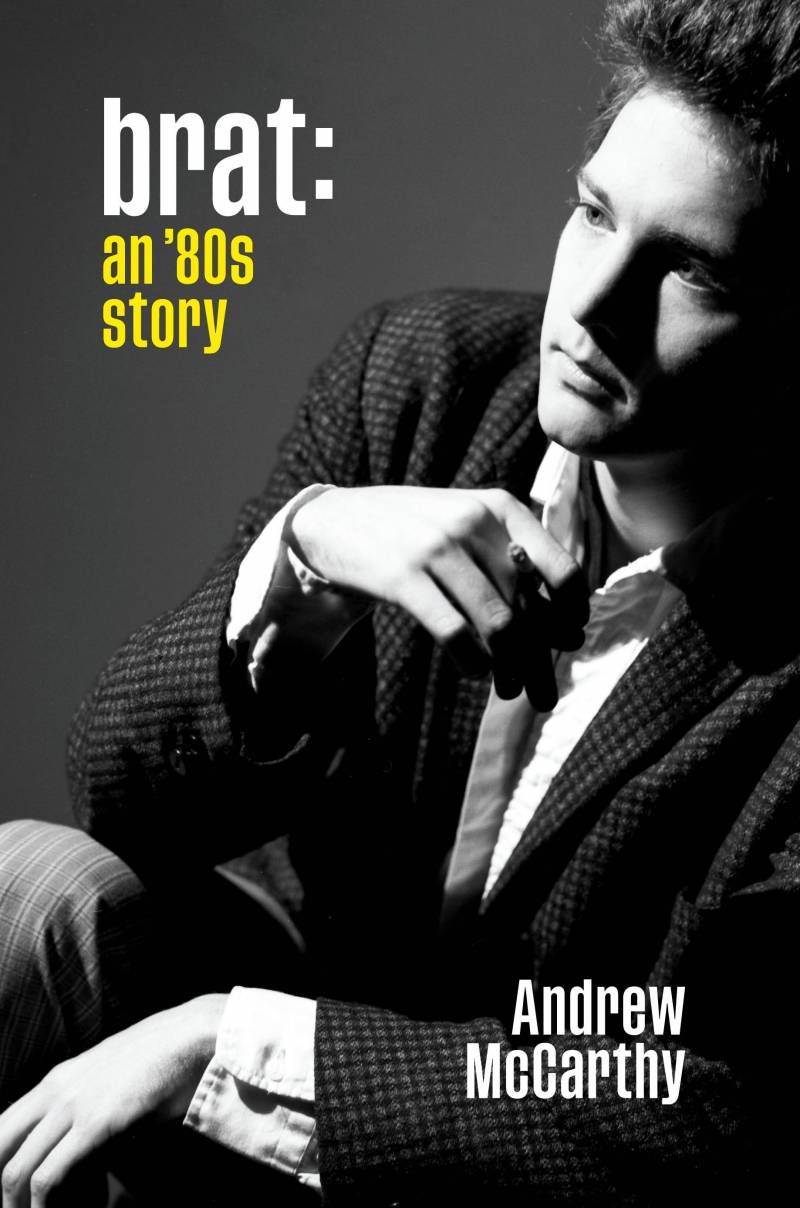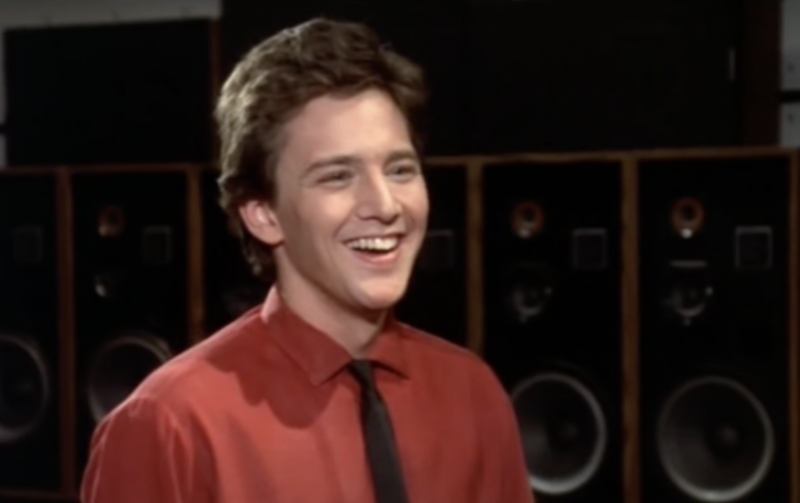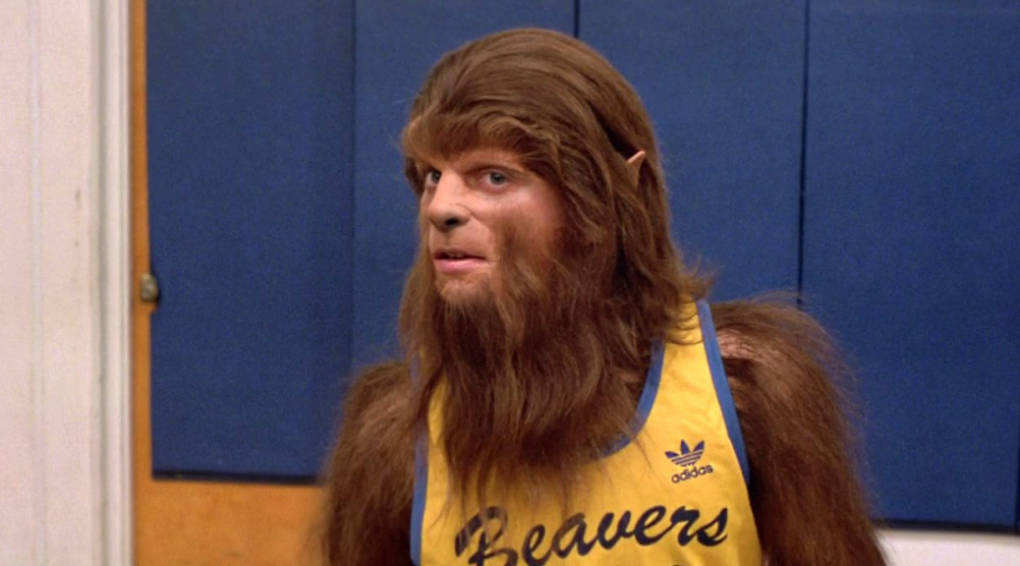And anyway, I walked in and Molly was in there reading with people, and Molly and I read the scene together and John Hughes kind of went, ‘Okay, thank you.’ And he couldn’t have really cared less. And when I left the room, apparently Molly turned to John, said, ‘Well, that’s the guy.’ And John was like, ‘That wimpy guy?’ She’s like, ‘Yeah, he’s poetic and sensitive. That’s the kind of guy I’d fall for, not some jocky idiot.’ And John, to his credit, not only gave lip service to sort of respecting young people in his movies, he [actually] did. And he said, ‘Okay, I don’t really see it. But if you say he’s the guy, you got him.’
On the John Hughes movies
They were … about, you know, respecting young people and honoring that their emotions that they feel are bigger and deeper and fuller and more all-encompassing than yours or mine. You know, as adults, we kind of go, ‘He’s just a kid.’ And no. Like, my son is 19 years old and he’s in love for the first time. And he is the first person to ever be in love. And it is powerful and it is beautiful and it is all-encompassing in his life. And we were all that way at one point. And John honored that in a way that other grown-ups had not. And so kids saw that and went, ‘Yeah, that’s me, that’s my world, and latched onto us in a very deep way.’ And that’s all to John’s credit.
On his relationship with alcohol
The first thing I always say in discussing this is that I did not drink in any way as a reaction to my success. I didn’t feel, ‘Oh, he’s too young to handle it, so I turned to drink.’ Not at all. I started drinking sort of parallel—simultaneously. And my drinking was very much about drinking. I drank because I had an affinity to alcohol, and a tendency toward it, and an alcoholic temperament and neurobiology, you know. And it happened to coincide with the movies. And it certainly was detrimental to my career—in the later stages of it, for sure. But it wasn’t a reaction to my career. You know, I drank better vodka because I was in the movies—it didn’t cause me to start drinking.
On how fame affected him
Oh, I think fame changes you on a cellular level … As you’re growing up, you’re the center of the world and the center of the universe. And then as you grow up, you kind of get out into the world and you realize your mom was probably wrong. You’re not really the center of the world. And then you become famous and suddenly, no, no, no, no, you are the center of the world. And so you stop growing in a certain way. And developmentally, it’s probably not the best thing for one’s being a well-rounded adult to be treated in such a way. You know, I always want to be treated special. Who doesn’t? But is that the best thing for me? And, you know, when you’re young—when you’re 20, 22, 23—like I was when I was starting to get successful in that way, you don’t even know who you are in a certain way yet. So stepping out on the hollow ground of fame is precarious when you’re not even sure who you are yet. So I found that a lot to navigate, for sure.
On the longevity of the Brat Pack-era movies
I think that’s lovely, you know. I think those kids who find them that way are really responding to their parents who were so invested. And you know what I represent now—I’m like an avatar to that generation’s youth. They’re not only looking back at the movies, they’re looking back at themselves when they were young. And at that moment when they were 20, whenever, they were just bursting out into the world when their life is an empty canvas to be painted on.





